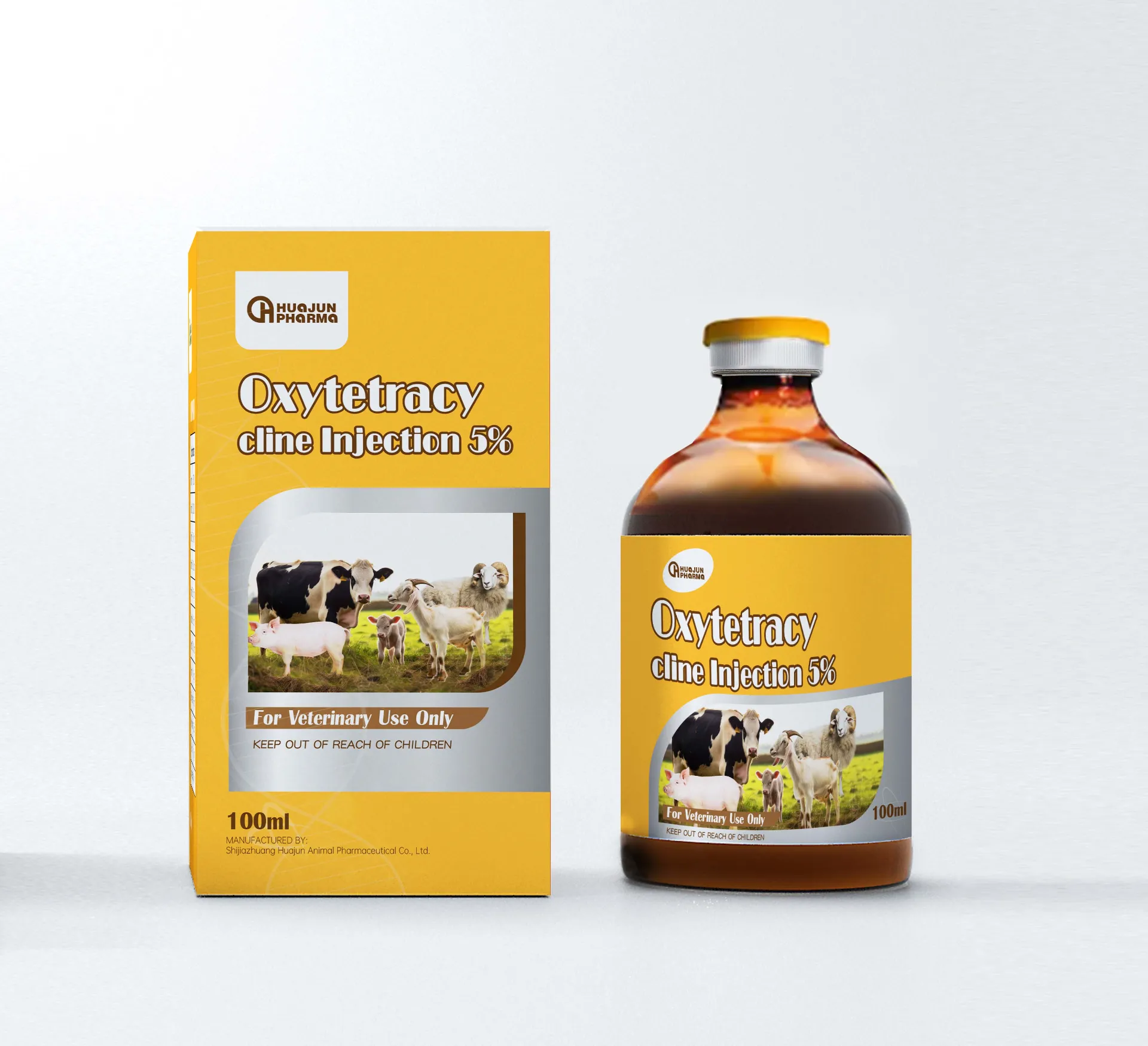
Dec . 11, 2024 02:04 Back to list
Understanding Custom Pasteurellosis in Swine and Its Impact on Livestock Health
Custom Pasteurellosis in Swine Understanding and Managing the Disease
Pasteurellosis is a significant bacterial disease that affects swine, caused primarily by the bacteria belonging to the genus *Pasteurella*. Among the various strains, *Pasteurella multocida* is the most prevalent and pathogenic, leading to severe health issues in pigs. This disease poses challenges to swine producers worldwide, necessitating effective management strategies to minimize its impact on both animal health and production efficiency.
Overview of Pasteurellosis
Pasteurellosis in swine is characterized by respiratory illness, septicemia, and in some cases, pneumonia. The disease often forms part of a complex involving other pathogens, including viruses like porcine reproductive and respiratory syndrome (PRRS) and swine influenza, which can exacerbate its effects. The transmission of *Pasteurella multocida* often occurs through direct contact with infected animals or contaminated environments. Stressors such as transportation, overcrowding, and poor biosecurity measures can increase susceptibility to the disease.
Clinical Signs and Diagnosis
The clinical signs of pasteurellosis can vary depending on the age and health status of the pigs. Common symptoms include coughing, nasal discharge, difficulty breathing, lethargy, and fever. In severe cases, affected pigs may develop more serious complications, such as pleuropneumonia, which can be fatal if not treated promptly.
Diagnosis often involves a combination of clinical observation and laboratory testing. Veterinarians may perform necropsies on deceased animals and utilize culture and sensitivity tests to confirm the presence of *Pasteurella multocida*. Early detection is critical for effective management and treatment options.
Treatment and Control Measures
custom pasteurellosis in swine

The treatment of pasteurellosis in swine typically includes the administration of antibiotics, which can help to control the bacterial infection. Commonly used antibiotics include tetracyclines, sulfonamides, and florfenicol. However, the development of antibiotic resistance is a growing concern, and thus, it is vital to use these medications judiciously and only when necessary.
In addition to pharmacological treatments, biosecurity measures play a crucial role in preventing outbreaks of pasteurellosis. Implementing strict protocols for sanitation, controlling animal movement, and monitoring herd health can significantly reduce the risk of disease transmission. Vaccine development has also made strides in recent years, providing a preventive measure that can help protect swine herds from *Pasteurella multocida* infections. It is essential for producers to work with their veterinarians to evaluate the best vaccination strategies for their specific operations.
Importance of Monitoring and Prevention
Regular monitoring and surveillance of pig populations are vital for the early detection of pasteurellosis. Producers should maintain meticulous health records and be vigilant for any signs of respiratory distress. Implementing a comprehensive herd health management program can enhance biosecurity and reduce stress among animals, thereby lowering the incidence of disease.
Furthermore, educating farm workers about the importance of hygiene and animal handling techniques can create a more disease-resilient environment. Stress reduction strategies, such as providing adequate space, proper nutrition, and minimizing transportation, are also critical in preventing diseases like pasteurellosis.
Conclusion
Custom pasteurellosis in swine remains a prominent challenge for the pork industry. Understanding the disease, recognizing its signs, and implementing effective management strategies are crucial for maintaining the health of swine herds. Through collaboration between producers, veterinarians, and researchers, the impact of pasteurellosis can be mitigated, ensuring the well-being of the animals and the sustainability of swine production systems.
-
Epic Sepsis Factories: AI-Driven Detection with GPT-4 Turbo
NewsJul.31,2025
-
Acute Salpingitis and Oophoritis AI Factory
NewsJul.31,2025
-
Premium China Bacillus Subtilis Supplier & Factory Solutions
NewsJul.30,2025
-
Premium Avermectin Supplier in China | Custom Solutions Available
NewsJul.29,2025
-
China Bacillus Subtilis Supplier - Custom Factory Solutions
NewsJul.29,2025
-
China Salivation: Leading Custom Salivation Supplier & Factory Solutions
NewsJul.29,2025




